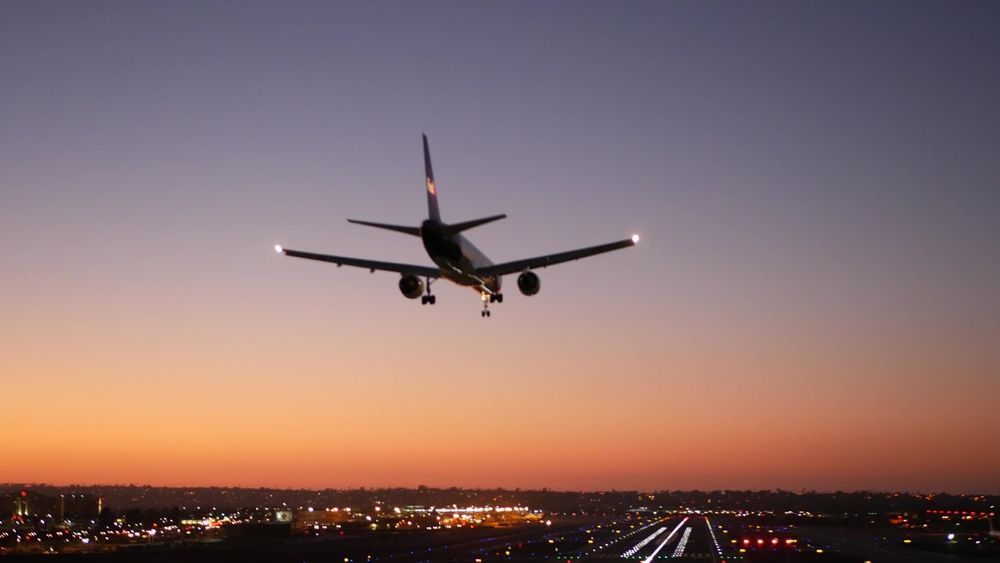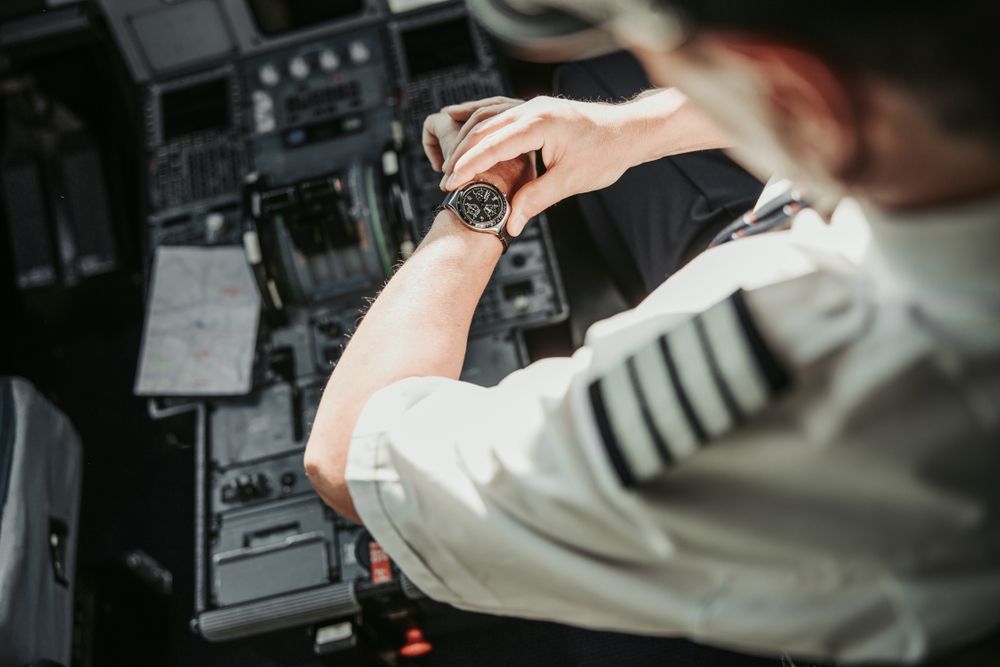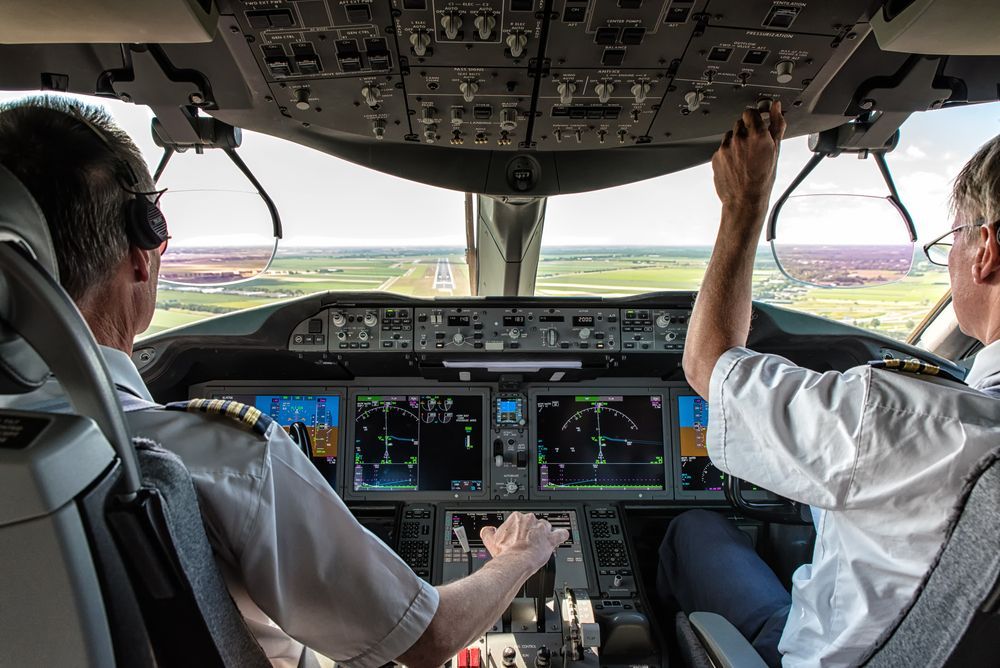How Much Schooling Do You Need to Become a Pilot?
Share this article:
How Much Schooling Do You Need to Become a Pilot? If you've dreamed of taking to the skies as a career pilot, you're probably wondering: how much schooling do you really need to make it happen? Whether you're a recent high school graduate, a college student, or someone eyeing a career change, understanding the educational and training path to becoming a pilot is essential. Let's explore the various routes, requirements, and how JA Flight Training can help you launch a professional aviation career.
Do You Need a College Degree to Become a Pilot?
The short answer? No, a college degree is not required to become a pilot. However, it can still be beneficial.
For general aviation and commercial flying (like banner towing, aerial photography, or regional charter services), a college degree isn’t necessary. What truly matters is the type of license you hold, how many flight hours you've logged, and the quality of your training.
That said, most major airlines do prefer
candidates with a bachelor's degree. It doesn’t have to be in aviation; any four-year degree will do. The degree acts as a competitive edge and signals a well-rounded, educated candidate—but again, it's not mandatory.
Flight School vs. Traditional Education: What’s Required?
Instead of attending a traditional four-year university, many aspiring pilots enroll in Part 141 or Part 61 flight schools, which are FAA-approved programs focused solely on flight training. JA Flight Training, for instance, offers streamlined and intensive flight training designed to get you into the cockpit and build your hours efficiently.
While traditional college programs may offer aviation degrees paired with flight training, these paths can take four years or longer. In contrast, a dedicated flight school can help you earn your commercial pilot certificate in as little as 12-18 months, depending on your schedule and commitment.
JA Flight Training also partners with Liberty University to offer a hybrid program: you earn your college degree online while completing flight training at JA Flight. This gives you the best of both worlds: a college degree and professional flight training.
Pilot License Types and Training Hour Requirements
Understanding how to become a professional pilot starts with learning the different types of licenses available and what it takes to earn them.
Private Pilot License (PPL)
The PPL is your starting point.
It's essentially the first level of pilot certification and the foundation for all your future training.
Minimum 40 flight hours (under Part 61)
Includes training in takeoffs, landings, maneuvers, navigation, and emergency procedures
Allows you to fly solo and with passengers, but not for compensation
A PPL is required before you can move on to more advanced licenses, and it's typically the first step taken at JA Flight Training.
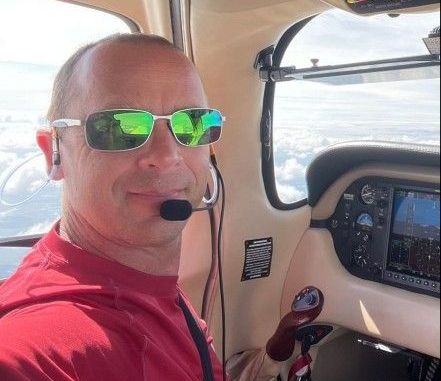
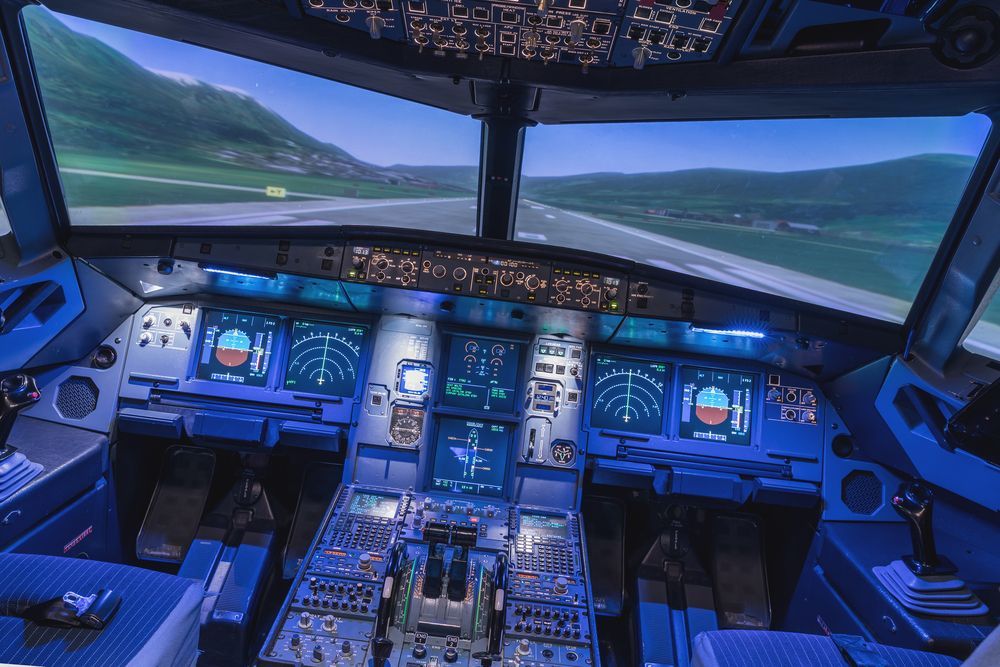
Commercial Pilot License (CPL)
The next step toward a flying career is the CPL.
Minimum 250 total flight hours required
In-depth training on complex aircraft, advanced maneuvers, and commercial operations
Allows you to be paid for flying services such as charter flights, aerial survey work, or cargo delivery
With a CPL, you can start working as a professional pilot, though not yet at the airline level. Many students build hours during this time by working as a Certified Flight Instructor (CFI).
Airline Transport Pilot License (ATP)
This is the highest level of pilot certification.
The ATP is required for those who want to fly for commercial airlines.
Minimum 1,500 total flight hours
Requires a CPL, instrument rating, and extensive cross-country and nighttime flying experience
Includes advanced coursework and a rigorous written and practical exam
JA Flight Training provides structured programs to help students progress efficiently from PPL through ATP, often using CFI time-building as a stepping stone.
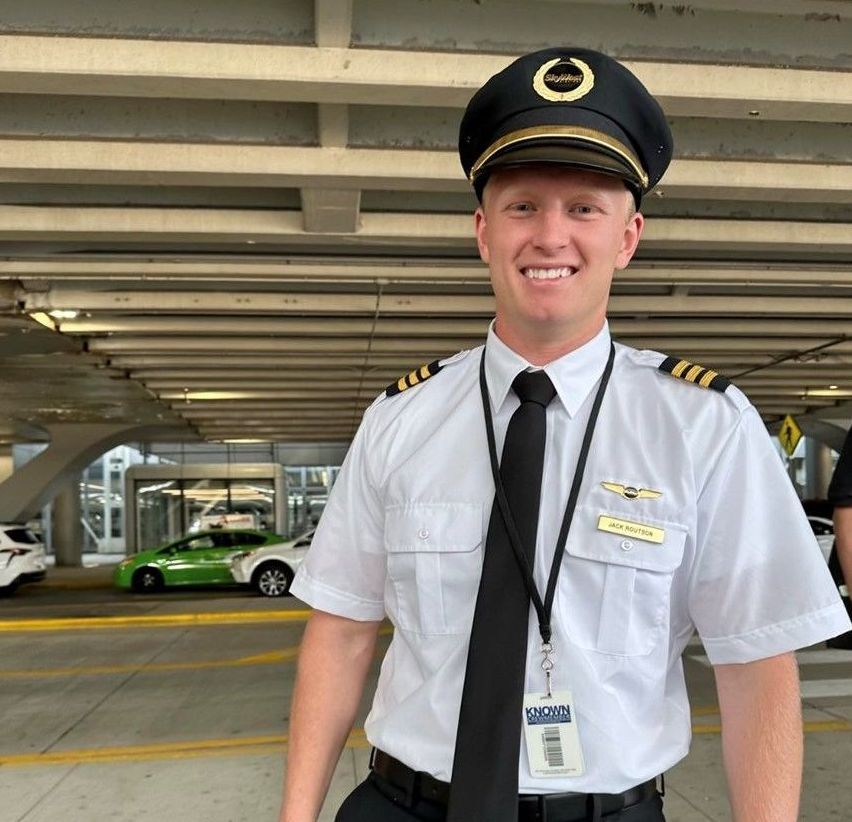
Do You Need a PPL to Become a Commercial Pilot?
Yes. The Private Pilot License (PPL) is the first major step on the journey to a career in aviation. Think of it as your learner’s permit, but for the sky.
You must earn your PPL before moving on to commercial-level training. It provides the fundamental skills and safety knowledge that form the bedrock for all advanced certifications. Skipping it isn’t an option, but with the right school, this stage can be completed in just a few months.
Airline vs. Commercial Pilot Education Requirements
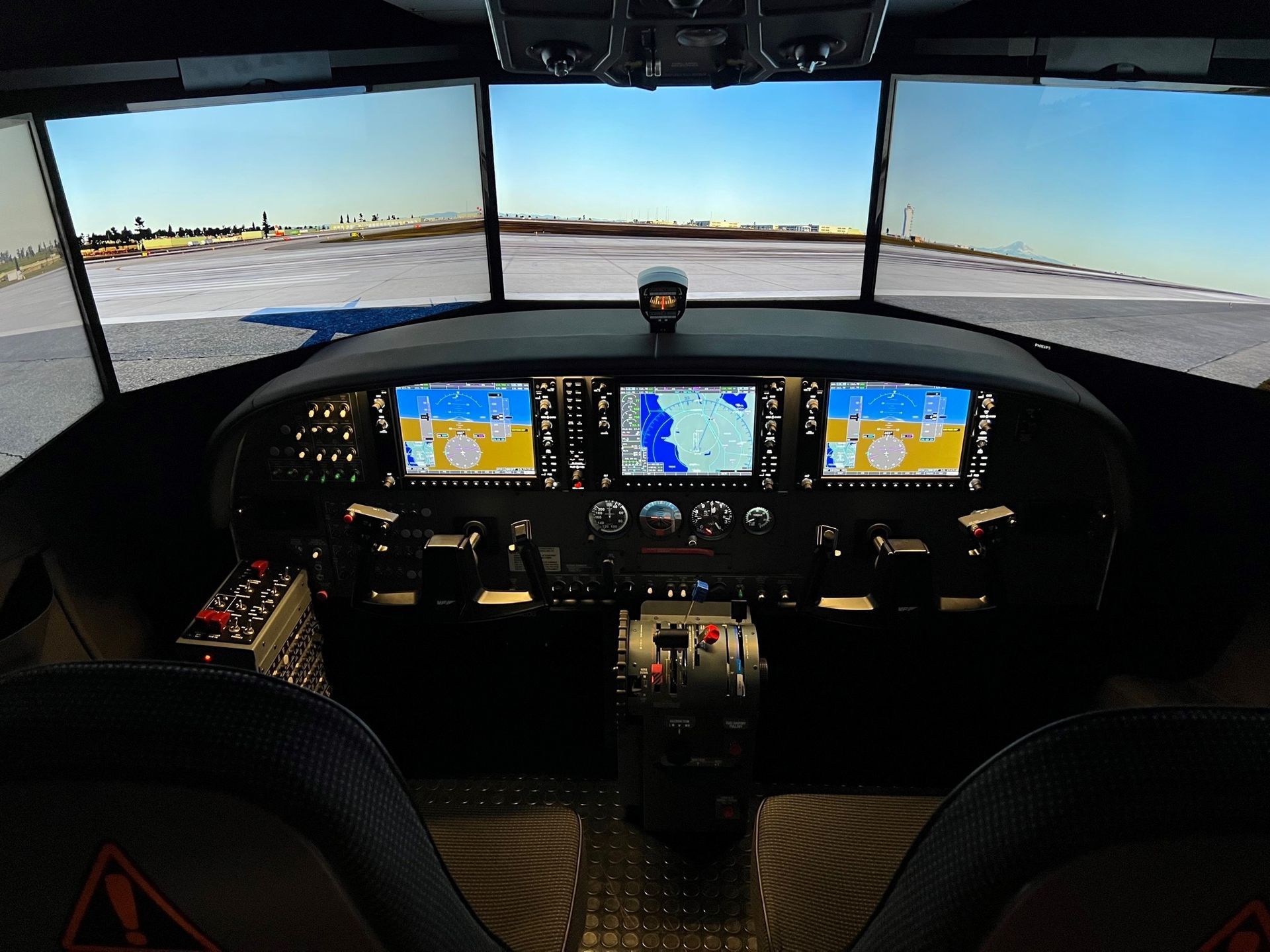
People often confuse "commercial pilot" and "airline pilot," but they aren't the same.
- Commercial pilots can be paid for various flying services: agriculture, charter flights, photography, etc. The CPL and around 250 flight hours will get you there.
- Airline pilots, however, require the ATP Certificate, 1,500 flight hours, and typically meet hiring standards that include a degree (especially for major airlines).
So while you can become a commercial pilot without a college degree, many aspiring airline captains choose to pursue both a degree and flight training to increase their long-term job prospects.
How to Use VA Benefits for Flight School
Veterans can use VA education benefits to fund their pilot training at approved flight schools like JA Flight. Depending on your eligibility and program choice (Post-9/11 GI Bill, Montgomery GI Bill, etc.), you may receive funding for:
- Tuition and fees
- Housing allowance (if enrolled in an eligible program)
- Licensing and certification exams
JA Flight Training works with Liberty University, a VA-approved institution. This partnership allows veterans to access funding while earning a degree and completing flight training.
If you’re a veteran wondering how to apply your benefits, the JA Flight team can walk you through the process step-by-step.
Launch Your Pilot Career with JA Flight Training
Becoming a pilot doesn’t require eight years of college or a mountain of debt. With focused training and the right support system, you can go from aviation enthusiast to professional pilot in a matter of months.
At
JA Flight Training, we specialize in career pilot programs that accelerate your progress through:
FAA-certified Part 141 flight training- A structured path from PPL to CFI and beyond
- VA benefit-eligible programs through Liberty University
- Internship and time-building opportunities
Ready to take off?
Contact JA Flight Training today to speak with an admissions advisor and start charting your flight plan.
Connect with Us:
